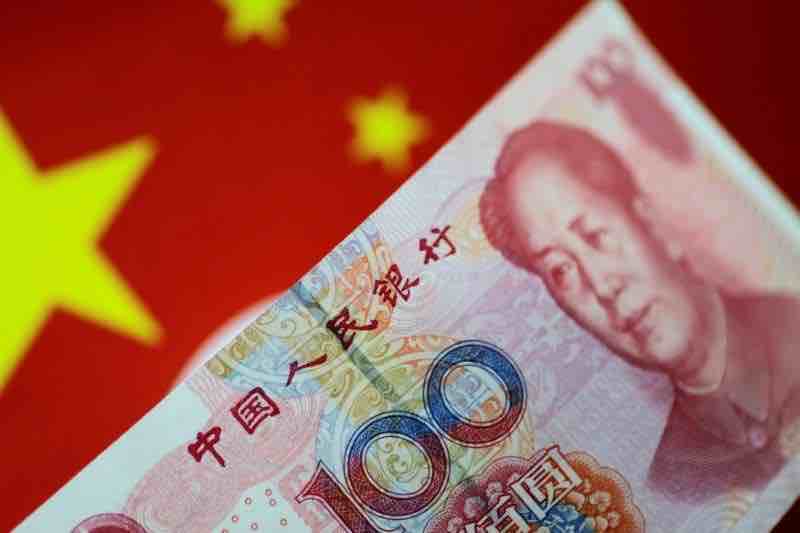Despite geopolitical tensions and rising trade protectionism, international companies are deepening their investments in China by 2025, demonstrating the country’s attractiveness for those seeking to gain an edge in global competition. US carmaker Tesla’s Megafactory in Shanghai began production of energy storage batteries on Tuesday. Earlier this month, Toyota announced plans to build a wholly-owned electric vehicle factory in the economic hub in eastern China. And in January, Siemens Healthineers began construction of a new production and research facility in Shenzhen, southern China.
China continues to adhere to its opening-up policies and promote mutually beneficial cooperation. As the country’s market becomes increasingly accessible, a series of measures have been taken to encourage foreign investment. In recent years, China has taken important steps towards a high standard of openness, such as reducing the negative list for foreign investment, lifting all restrictions on manufacturing, and expanding unilateral opening to the least developed countries. The results of these efforts can be seen in the 9.9% increase in the number of foreign-invested enterprises newly established in China last year.
In addition, Chinese authorities have made expanding high-standard economic openness a top priority for 2025. At an executive meeting on Monday, the State Council approved an action plan to stabilize foreign investment this year. The meeting called for more practical and effective measures to attract foreign capital and emphasized China’s commitment to creating a business-friendly environment.

